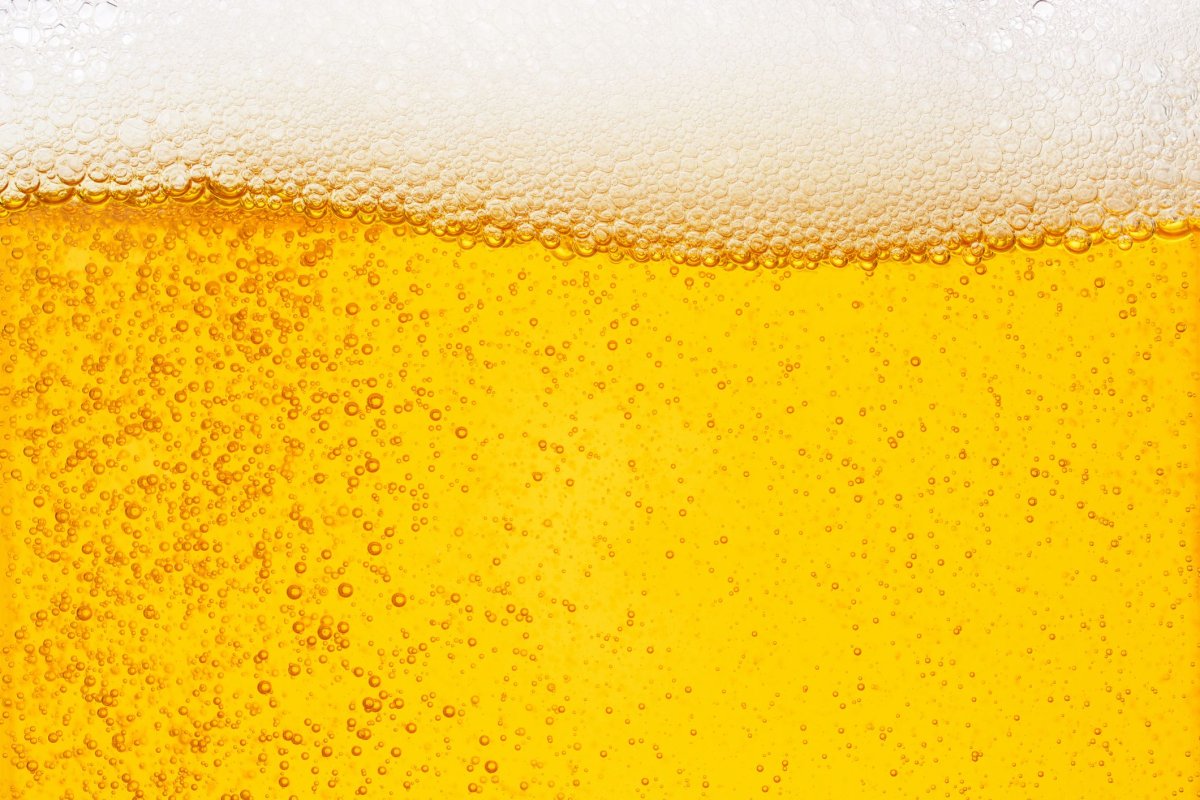Very shy people are more likely to suffer from anxiety caused by drinking than those who are more extroverted, according to a study.
A portmanteau of "anxiety" and "hangover," "hangxiety" describes the state of distress some people feel after drinking alcohol. Researchers set out to understand whether a person's shyness affects their experience of hangxiety.
Read more: What causes anxiety? We may inherit mental illness from our parents, study in monkey suggests
To carry out their study published in the journal Personality and Individual Differences, the team recruited 97 volunteers who drank socially, who had varying degrees of shyness. The cohort was made up of 62 females and 35 males aged between 18 to 53. Those with severe social phobia were excluded from participating in the study.
The team tested the volunteers' levels of hangxiety before and after a social event at their home, where they were accompanied by researchers. Of the total, 47 were asked to be sober for one evening while 50 were asked to drink at the level they normally would, at around six units on average. One unit amounts to around 250 milliliters of 4 percent ABV beer, a 76 milliliter glass of 13 percent wine, or a 25 milliliter serving of 40 percent whiskey.

Shyness, the authors noted, can be a symptom of social anxiety disorder (a condition characterized by an intense fear of being judged by others). In turn, individuals with this disorder can turned to alcohol use disorder in order to cope with their symptoms although this is not advised. For instance, in the U.S. social anxiety disorder preceds alcohol use disorder in 80 percent of cases in patients who experience both conditions.
So, the researchers measured whether participants showed signs of alcohol use disorder, as well as their levels of shyness and social phobia before and after a night of drinking or remaining sober, respectively.
Participants who were shy around others reported that their feelings of anxiety dropped when they drank alcohol—but that this was a short-term fix. The following day, the shyest volunteers reported their anxiety levels spiking the most significantly.
What's more, those who suffered from the worst hangxiety also scored more highly on the AUDIT test, which is used to diagnose alcohol use disorder.
The authors wrote: "This study suggests anxiety during hangover is linked to AUD [alcohol use disorder] symptoms in highly shy individuals, providing a potential marker for increased AUD risk, which could inform prevention and treatment."
Professor Celia Morgan, professor of psychopharmacology at the University of Exeter, commented: "We know that many people drink to ease anxiety felt in social situations, but this research suggests that this might have rebound consequences the next day, with more shy individuals more likely to experience this, sometimes debilitating, aspect of hangover."
"These findings also suggest that hangxiety in turn might be linked to people's chance of developing a problem with alcohol."
Morgan encouraged those who are shy or introverted to accept this part of their personalities, rather than to self-medicate.
"This might help transition people away from heavy alcohol use. It's a positive trait. It's OK to be quiet," she said.
This is the latest warning from scientists that drinking alcohol can negatively affect our health. Earlier this year, researchers concluded in a study published in The Lancet that no amount of alcohol is safe to drink if we are aiming to protect our physical health.
Max Griswold, senior researcher at the Institute for Health Metrics and Evaluation and lead author of the study, told Newsweek at the time that the team was shocked to find abstaining from alcohol "was in fact the level of exposure which minimized health risk."
He said: "If everyone cut their consumption in half, we could save one million lives globally. If you drink on Fridays and Saturdays, perhaps only drink on one of those days."
Uncommon Knowledge
Newsweek is committed to challenging conventional wisdom and finding connections in the search for common ground.
Newsweek is committed to challenging conventional wisdom and finding connections in the search for common ground.
About the writer
Kashmira Gander is Deputy Science Editor at Newsweek. Her interests include health, gender, LGBTQIA+ issues, human rights, subcultures, music, and lifestyle. Her ... Read more
To read how Newsweek uses AI as a newsroom tool, Click here.








